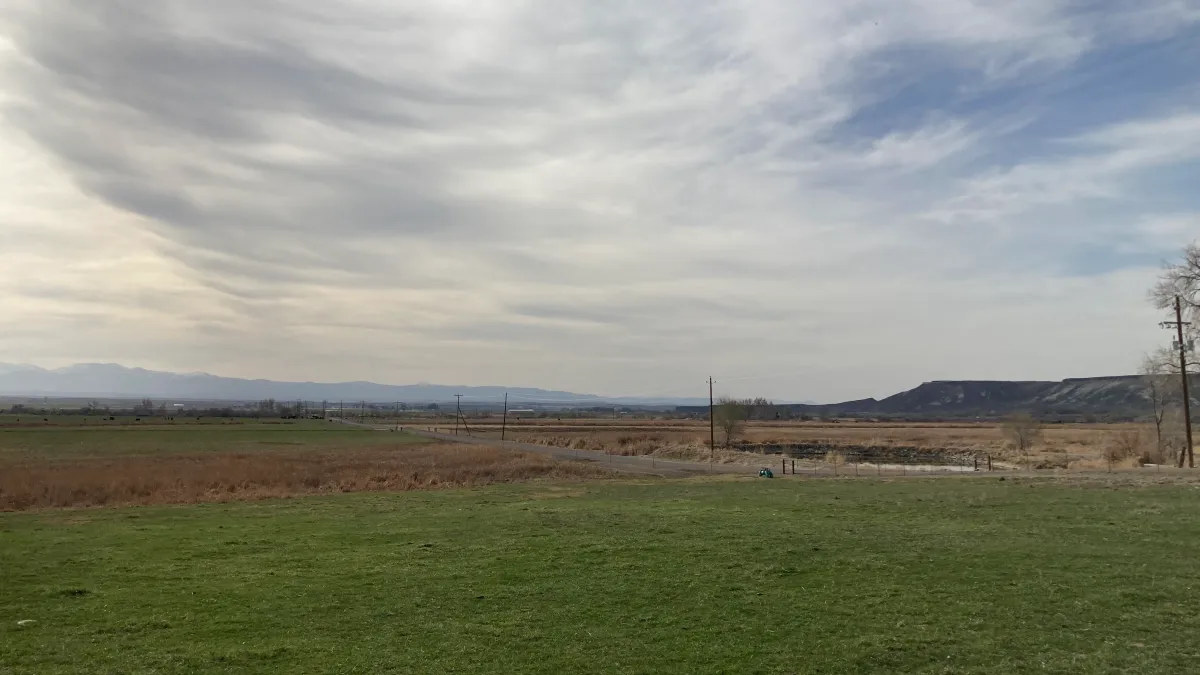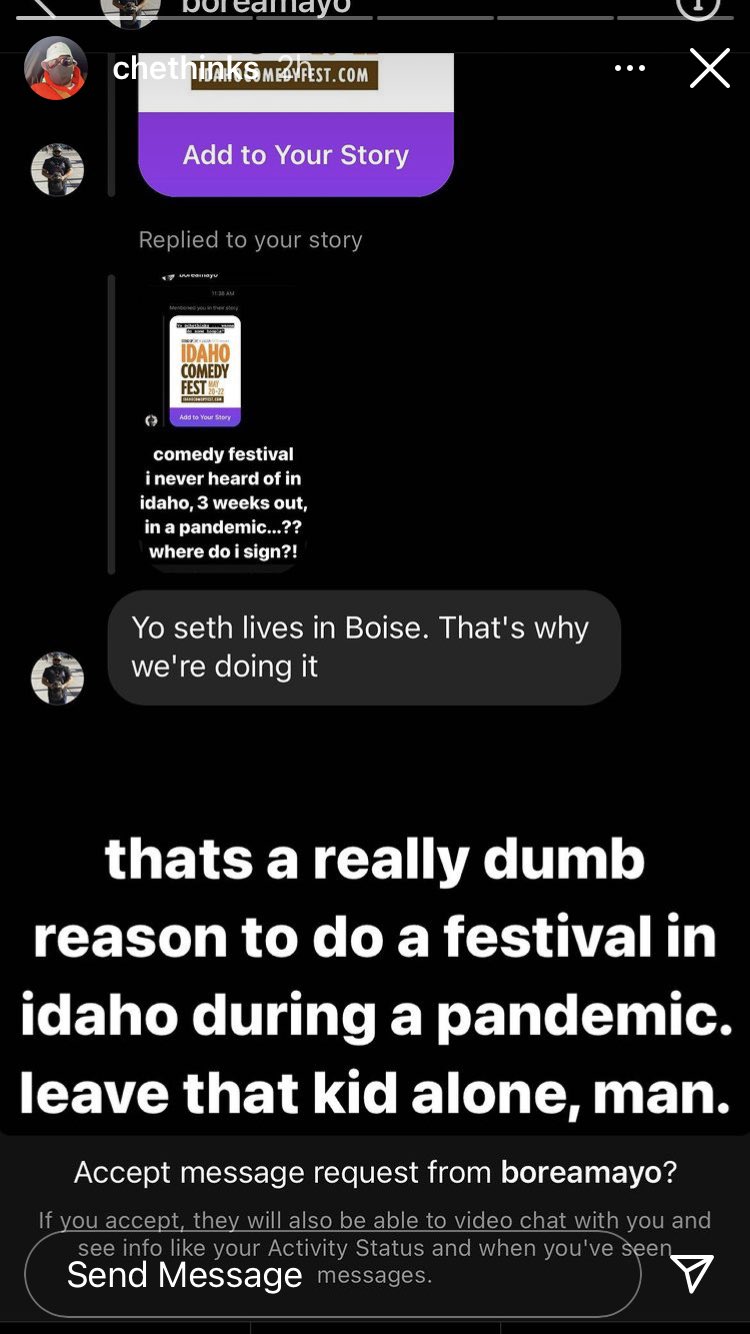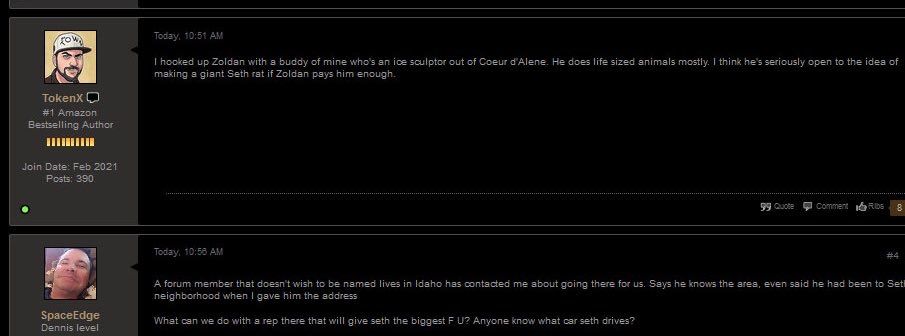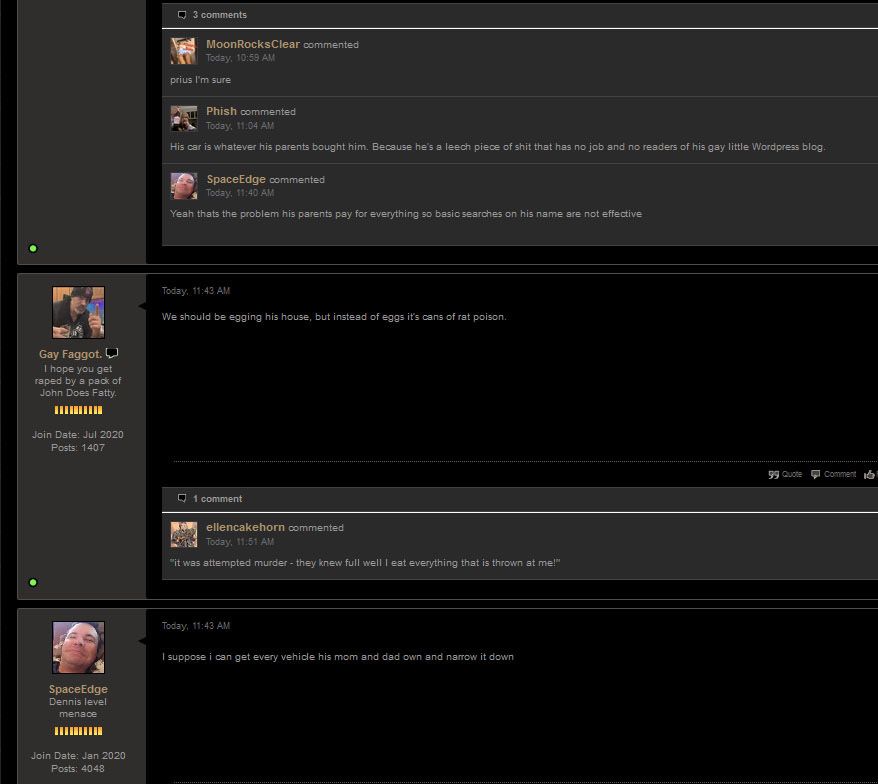The Festival
A few thoughts.

If you can, please consider these mutual aid funds for Covid relief in India.
I've been putting off writing about something very strange that's going on because, among other reasons, I can't tell if it's noteworthy in and of itself or if I only think it's noteworthy because it's happening to me. Maybe I shouldn't worry so much about this distinction in my own newsletter, but I'm loathe to make things about me that aren't really about me, a person whom I am terrible at writing about with any perspective. That said, I'm 95% sure I'm not wrong about this one thing, and it is my newsletter, and I'll try my damndest to draw bigger lessons from the thing anyhow, so, okay:
View this post on Instagram
A post shared by Stand Up NY (@standupny)
Last night was the first night of a new comedy festival in Boise, Idaho. Longtime Humorism heads will recall that I currently live in Boise, though I am not from Boise. I'm here because I was visiting a friend from grad school in early March of last year, when it became clear shit was about to get real. At the time, asthma was believed to be a bigger risk factor than it turned out to be, and I elected not to fly home to New York City until circumstances improved. I slept on my friend's floor for a few months and yada yada yada now we have a lovely two-bedroom in the suburbs. And honestly, it's great here. I love Idaho. If I didn't know my work would improve tenfold if I lived closer to the comedy industry—believe it or not, I prefer to do less opinion writing and more reporting—I'd probably settle in for the long haul.
Planning a comedy festival in Idaho Springtime. Comics - dm me if interested in performing!February 25, 2021
My therapist: Ignore toxic people like Seth Simons:
Me the next day: Announces a comedy festival in The SS's hometown of Idaho.
💁🏻♂️February 25, 2021
Some facts about the comedy festival. It's the brainchild of Dani Zoldan, owner of the Upper West Side comedy club Stand Up NY. He announced it on February 25th, the same day I published this newsletter—which he knew was coming a week in advance—about how much money he makes from Stand Up NY's side businesses. (Prior to this, I'd reported on his club's apparent violations of New York's Covid guidelines.) An early mockup of the festival's artwork, since deleted from its website but still floating around Instagram, prominently featured my likeness. A few weeks ago, Stand Up NY booker Jon Borromeo told Michael Che in a booking solicitation that "seth lives in Boise. That's why we're doing it." In recent weeks, Zoldan has taken to calling the festival "SethFest" on Twitter. Local media coverage and the festival's website trace its origins to a "joke" involving an "online comedy troll." Here we see the afflictions of a culture starved of comedy criticism: no one ever asks, "what's the joke, exactly?"

I will not be attending the festival. I'm not in Boise right now, but in an Airbnb far away from Boise. In my article a few months ago about the New York comedy scene's overlap with the far right, I described my experiences getting doxxed and harassed by a forum whose members appeared to include a prominent comedy club owner. I still have a source in that forum. Over the last few months they've sent me posts from private boards in which a small group of members have been planning their trip to the festival. In one thread, these users—who know exactly where I live—discussed trying to find out what car I drive. In another, a user asked people to message him privately about any "hijinks" they want to get up to while they're in town. That user also claimed to know Dani Zoldan personally, offering to hook other users up with free passes to the festival. In the last couple weeks they've retreated to a private group chat I don't have eyes into. Who knows what they've been planning.



A few days ago I spoke with Jen Adams, owner of the Lounge at the End of the Universe, the Boise club co-producing the festival. She said she understood the festival to have originated in a joke that became serious when comics started asking where they could sign up. I described the apparent retaliatory quality of the festival and asked what she made of it; she said she doesn't see it that way and has nothing to do with it. I asked if she's aware that members of a white supremacist web forum are planning to come to the festival; she said she's not, that she expects they'll find her club to be an inhospitable environment (full of pride flags, devoid of TVs), and that if they act out of line they'll be forced to leave. I asked if she was aware that Zoldan recently booked Anthony Cumia, noted racist domestic abuser, at Stand Up NY. She said she had no idea and that her concerns are entirely what she can do for the Boise comedy community and "changing the culture of how this industry works." I asked how much comics are getting paid for the festival; she said she doesn't know how much Zoldan is paying his comics and that it's none of her business. She didn't address how much she's paying the Idaho-based comics.
Again, I'm no good at explicating my own experiences. (Maybe this is why I love good standup so much: it feels revelatory to watch someone examine the relationship between their interior and exterior lives. And why I'm drawn to poetry in my own practice: much easier to outsource the job of examining mine.) So let me just do the simpler thing of zooming out a bit, putting a few pins on the board, and seeing if any obvious conclusions emerge.
- In March of last year I published an interview with the former chief financial officer of UCB about the theater's mass layoffs. During that interview, he repeatedly threatened to sue me. Last month, his lawyer sent me a letter demanding I take down everything I've posted about the ex-CFO, threatening a lawsuit if I refused. A few weeks after my lawyer responded to this letter, I received a call from an LAPD detective investigating a police report filed by the ex-CFO, who alleged I illegally recorded our conversation. I'm now waiting patiently to find out if the city of Los Angeles decides to prosecute me.
- In October, I published an article about The Stand's apparent violations of New York's Covid guidelines. Before the article ran, the club's owner tweeted a screenshot of an email I sent him asking for comment. This tweet found its way to a white supremacist web forum whose users subsequently doxxed me, my family, two of my Twitter followers, a guy they thought was my landlord, my neighbor, a comic who tweeted a link to an article I wrote months later, that comic's family members, and the hosts of a podcast I appeared on to discuss the article, which presented evidence the club owner used the forum in question.
- In February, I published an article comparing Dani Zoldan's salary to his club's payroll. In response he's producing a comedy festival in the city where I live. About 20 comics flew from New York to Boise to perform in this festival, likely for little or no money. (One comic told me Stand Up NY promised to pay them if the festival makes money. I don't know if others received the same promise.) At the same time, a bunch of racist comedy fans who've harassed me and my family came too, one of whom appears to be directly in touch with Zoldan. I feel it's necessary context that there's still a pandemic going on.
Here's what I think is the important thing here. I don't do anything all that special. I send out a newsletter a couple times each week that two thousand people read if I'm lucky. (Usually I'm not.) I'm impolite to assholes on Twitter, especially if they're abusive bosses and/or bigots with large audiences. I try my best to ask obvious questions I haven't seen anyone else ask, and whenever possible I try to get answers to these questions. People occasionally ask why I don't focus on things I think are good in comedy. The answer is there are already a million people telling you what's good. I'm here to find out what the good things cost. It's a pretty routine function for journalism, I think. The reactions I get sometimes boggle my mind. This latest round makes me nostalgic for when the owner of the Comedy Cellar merely summoned me onto his podcast to answer for a post calling him "dumb." Or when UCB's publicist merely lied about me to an editor to get me taken off the beat. Those were the days!
I understand that this is all part of the game, and I'm grateful that it's much gentler than what many other journalists face. I find it exhausting and at times demoralizing, but I'm fortunate to have the support system to deal with it, and the work is important enough to me to put up with the bullshit. I certainly can't deny that it's all very funny, especially the "dozens of people paying lots of money to fly to Boise and own a guy from the internet" part. If you'll allow me to treat anecdotes as data, I also can't help but marvel at the extraordinary fragility of these reactions, in two cases by people with considerable power in comedy. (And in one case by someone who formerly had power, granted to him by some of Hollywood's most important gatekeepers.) If this is how they treat a single critic, how do you think they treat their employees? What does it say about comedy journalism as an institution that a few pieces of adversarial coverage provoke such consistently virulent responses? What would this industry look like if its bosses were held a little bit more accountable by their workers and the press?
I believe comedy is an immensely important part of our culture. There is virtually no corner of show business that has not been touched in some way by the clubs and theaters at its ground floor. If you change the way those institutions work, you can change everything. If you let them stay as they are… look, I'm just a guy with a blog. Maybe my ordeals don't represent anything but themselves. All I'll say is that if I've learned anything in the last year, it's that bad things have an awful tendency to get worse.
Thanks for reading. If independent comedy journalism is important to you, please help keep this newsletter going by subscribing for six bucks a month.


